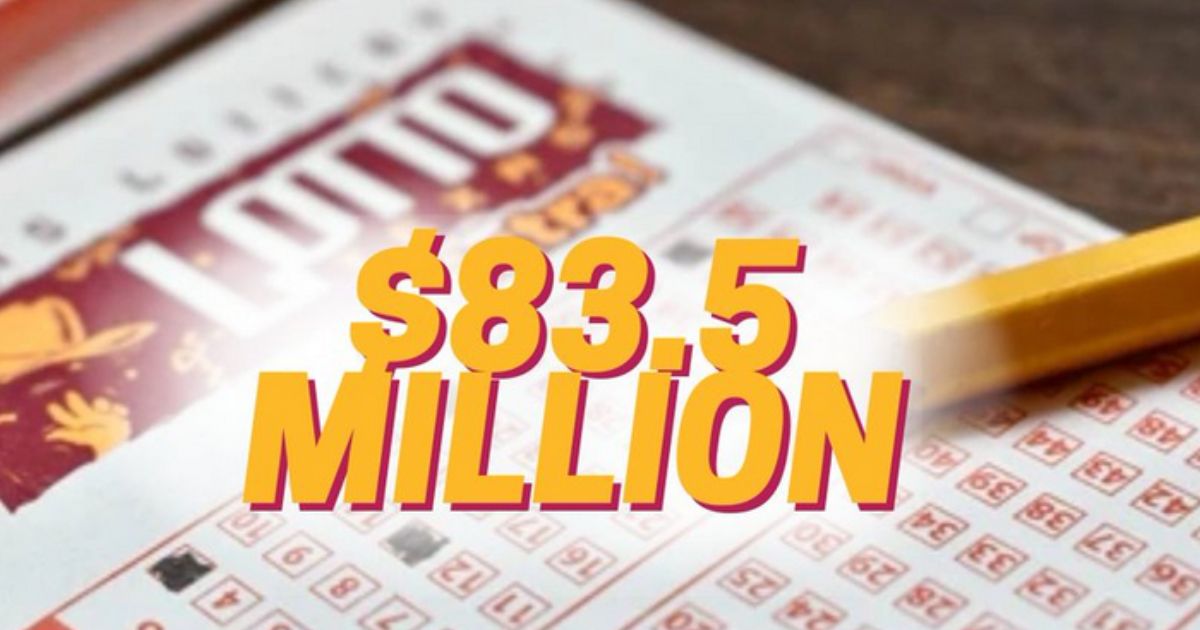Kristen Moriarty, a Houston-area resident, spent nearly half a year anxiously waiting to claim what appeared to be a life-changing $83.5 million jackpot from the Texas Lottery, only to find herself at the heart of a political and legal controversy.
After buying tickets through Jackpocket, a state-approved app, she discovered her massive win in February, but payment was frozen due to pending state investigations into lottery courier services. As Moriarty described her ordeal, “I’m sad, stressed, angry that this has become a political thing. I’ve lost faith in our elected officials”.
The controversy centered around Jackpocket, a third-party “courier” service that enables users to buy official Texas Lottery tickets on their phones. This practice, though previously permitted, was suddenly subject to scrutiny after high-profile wins.
Texas Governor Greg Abbott ordered a probe into recent large wins facilitated via such couriers, voicing concerns over the possibility of undermining the lottery’s integrity. “Texans must be able to trust in our state’s lottery system and know that the lottery is conducted with integrity and lawfully,” Abbott asserted at the time.
For Moriarty, a widow and mother of two, the dispute was more than a matter of public trust; it caused personal turmoil as her legal team and the Texas Lottery Commission entered a months-long standoff. Her lawyer Randy Howry mentioned she was an honest player, adding, “She played by all the rules,” her attorney confirmed.
View this post on Instagram
Howry further added, “If you allow a person to play by your rules and they win and you refuse to pay ‘em, then why would anyone play the Texas lottery going forward?”
Despite presenting her winning ticket about a month after the February 17 drawing, Moriarty’s payout remained blocked. The commission cited ongoing investigations into courier services like Jackpocket, part of a broader concern after another massive win in 2023 involving nearly every possible number combination.
Lawmakers and officials argued that such services might have breached state lottery statutes, but Moriarty’s situation highlighted how regular participants could get swept into regulatory crossfire.
As legal action unfolded, Moriarty pressed her case in court, hoping for a resolution. In her lawsuit, her stance was clear: “It shouldn’t require legal action to collect your winnings when you succeed in the lottery. Yet, that is precisely the situation we find ourselves in.” All the while, she faced difficult emotions. “It’s been rough. You know, I’m sad one minute, angry the next. … For me to be the one person that’s taken the hit on all this is insane,” she told a local outlet, reflecting on the emotional cost of her ordeal.
Finally, after months of legal wrangling, the Texas Lottery Commission announced a settlement. According to an official statement, the claim for the annuitized $83.5 million jackpot “has now been processed by the Texas Lottery.”
Moriarty would receive a single lump sum payment of $45,889,188.92 before taxes. Her lawyer, Howry, confirmed, “The issue was never whether the ticket was a winner—it was all about the method by which it was bought.”
Kristen Moriarty was the only person to hit the $83.5M jackpot in February, but she had the bad timing to win as lawmakers became furious with the state lottery commission. https://t.co/IyIpORYake
— Houston Chronicle (@HoustonChron) August 2, 2025
Although she will now receive her prize, Moriarty’s experience has left a permanent mark. “I just want people to know I played by the rules, and I hope nobody else has to go through this,” she said after the settlement.
Her case has sparked debate among players and officials alike: Should state lotteries adapt rigidly or evolve with technology? As Moriarty moves on with her winnings, those questions remain for Texas and the millions of Americans who play its games.













